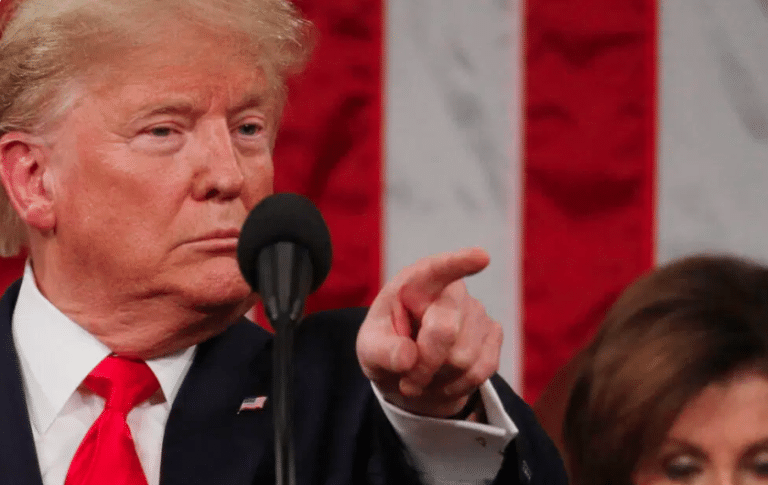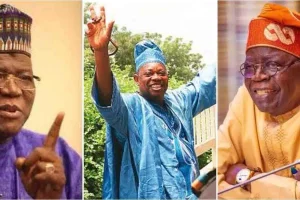
A U.S. federal judge has temporarily halted President Donald Trump’s executive order aimed at ending birthright citizenship for children born to undocumented immigrants or mothers on tourist and student visas.
The ruling, issued on Thursday by Judge John C. Coughenour of the U.S. District Court for the Western District of Washington, declared the order “blatantly unconstitutional.”
The decision came in response to lawsuits filed by four states—Washington, Illinois, Oregon, and Arizona—arguing that the executive order violated the 14th Amendment of the U.S. Constitution. The plaintiffs contended that the policy would have severe implications for state funding and public benefits, leaving an estimated 150,000 babies born in the U.S. each year without citizenship or access to government services. This, they argued, could lead to significant financial losses for states relying on federal funding tied to citizenship status.
The states’ attorneys emphasized that the president could not unilaterally alter the Constitution to further a political agenda. They cited a 1995 testimony from former Assistant Attorney General Walter Dellinger, who argued that any attempt to amend the 14th Amendment’s provisions would contradict the nation’s constitutional history.
Judge Coughenour’s ruling grants a temporary restraining order, preventing the enforcement of the executive order until a further legal review is conducted.
Alongside the four states involved in this ruling, 18 other states have also filed lawsuits challenging the executive order. These cases are currently being reviewed in Massachusetts.
This birthright citizenship ban is one of many controversial executive orders issued by President Trump during his presidency. Other contentious policies have included restrictions on the rights of individuals of different sexual orientations, declaring that the federal government would only recognize two genders—“male and female”—and mandating a full return to in-office work for federal employees, effectively ending remote work arrangements.
This ongoing legal battle highlights the tensions surrounding President Trump’s executive actions and their potential implications for constitutional law and state sovereignty.





